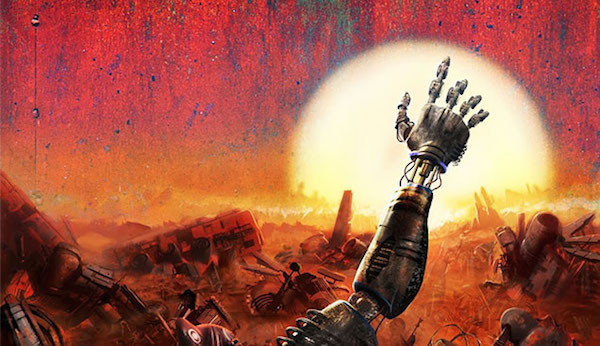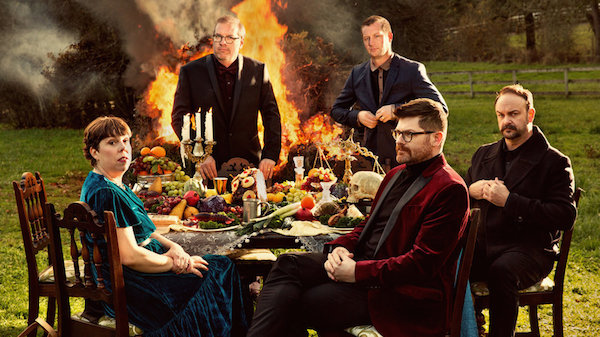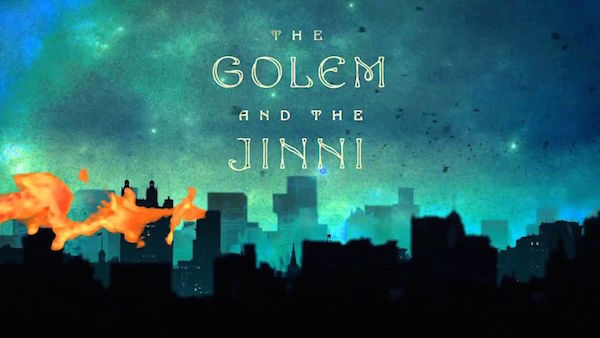Review: Ingrid Goes West – Are Instagram ‘influencers’ the real monsters?

Tap twice to heart this post. #cinefile #nofilter #bestlife
My frustration at not seeing Ingrid Goes West sooner is matched only by my delight at having finally done so. Aubrey Plaza, whom I love (Parks & Rec!), plays unhinged one moment, socially awkward the next better than anyone else I can think of (have you seen Legion!?). The knowing portrayal of a certain type of California social media bohemian by Elizabeth Olsen manages both pinpoint accuracy and razor parody.
But the way the writers/director/cast refrain from fully picking a side makes this movie special. They could have fallen into the trap of stalker movie cliché pretty easily, and this could have ended at bad melodrama. Lonely weird girl tries way too hard to befriend internet obsession, craziness ensues.
Instead, this film shows sympathy for Ingrid. She’s not well, ok, but she really just wants some friends. Meanwhile Olsen’s Taylor is no innocent; she’s manipulative, insincere, and most of all a hollow mask of perfection. Her social media life cries out for constant attention, asks for you to “follow” her, to “feel” like her friend along for the perfectly bourgeois ride. But then Taylor the person pushes away anyone who gets too close if they’re not good for her diligently curated “brand”.
Ingrid suffers from depression and could get better, though the film’s ending suggests otherwise. Taylor, on the other hand, will likely only ever get worse. If that’s the case, who’s the real villain?



